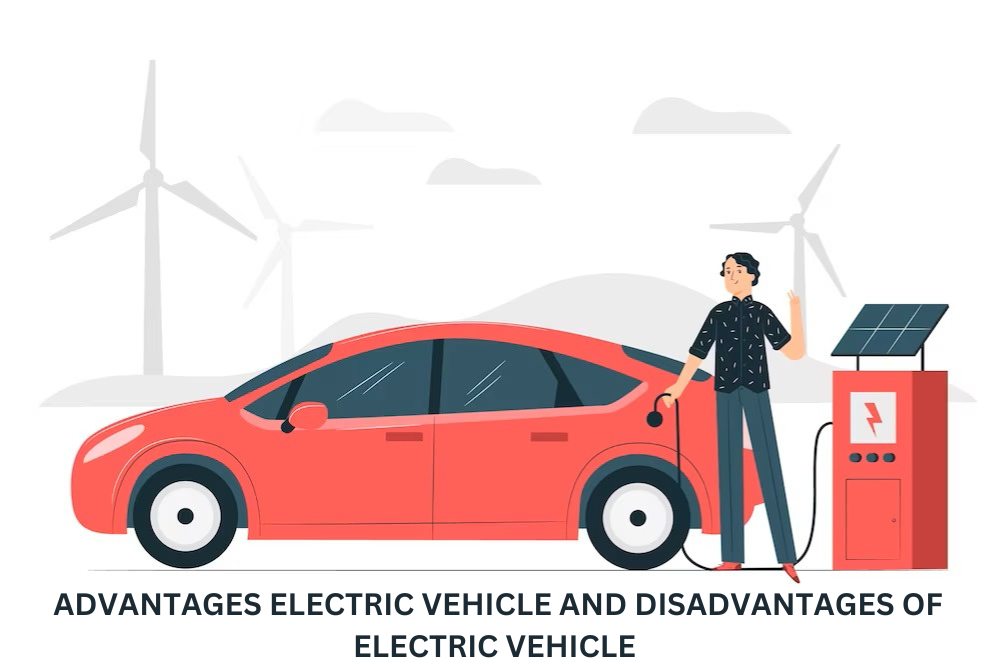Advantages of Electric Vehicles (EVs):
Environmental Benefits: EVs produce zero tailpipe emissions, reducing air pollution and greenhouse gas emissions. They contribute to improved air quality and help combat climate change when powered by renewable energy sources.
Energy Efficiency: EVs are more energy-efficient than internal combustion engine vehicles. They convert a higher percentage of energy from the battery to power the wheels, resulting in less wasted energy.
Lower Operating Costs: EVs have lower fuel costs compared to petrol vehicles. Electricity is generally cheaper per mile than gasoline, and EVs require less maintenance due to fewer moving parts and no oil changes.
Quiet and Smooth Operation: Electric motors operate quietly and provide smooth acceleration, enhancing the overall driving experience.
Potential for Renewable Energy Integration: EVs can be charged using renewable energy sources, further reducing their carbon footprint and promoting the growth of clean energy generation.
Government Incentives: Many governments offer incentives and subsidies to promote the adoption of EVs, such as tax credits, rebates, and access to high-occupancy vehicle (HOV) lanes.
Disadvantages of Electric Vehicles (EVs):
Limited Driving Range: Although driving ranges have been improving, EVs generally have a shorter range compared to petrol vehicles. Long trips may require planning for charging stops.
Charging Infrastructure: The availability and accessibility of charging infrastructure vary by region. Some areas may have limited public charging stations, which can be a concern for long-distance travel or in areas without home charging options.
Longer Refuelling Time: Charging an EV takes longer compared to refuelling a petrol vehicle. While Level 2 chargers are faster than standard household outlets, fast-charging stations are still not as common, and charging times can vary depending on the battery capacity.
Upfront Cost: EVs often have a higher upfront cost compared to petrol vehicles. Although this gap is decreasing as technology advances and economies of scale improve, the initial purchase price can still be a deterrent for some buyers.
Battery Life and Replacement: EV batteries degrade over time, which can impact the driving range and overall performance. While modern batteries are designed to last for many years, battery replacement costs can be significant.
Raw Materials and Manufacturing: EVs require certain raw materials, such as lithium and cobalt, for battery production. The extraction and processing of these materials can have environmental and social impacts, although efforts are being made to address these concerns through responsible sourcing and recycling.
It’s important to note that the advantages and disadvantages of EVs are continually evolving as technology improves, charging infrastructure expands, and market dynamics change. As the industry progresses, the limitations of EVs are being addressed, making them a more viable and sustainable transportation option
